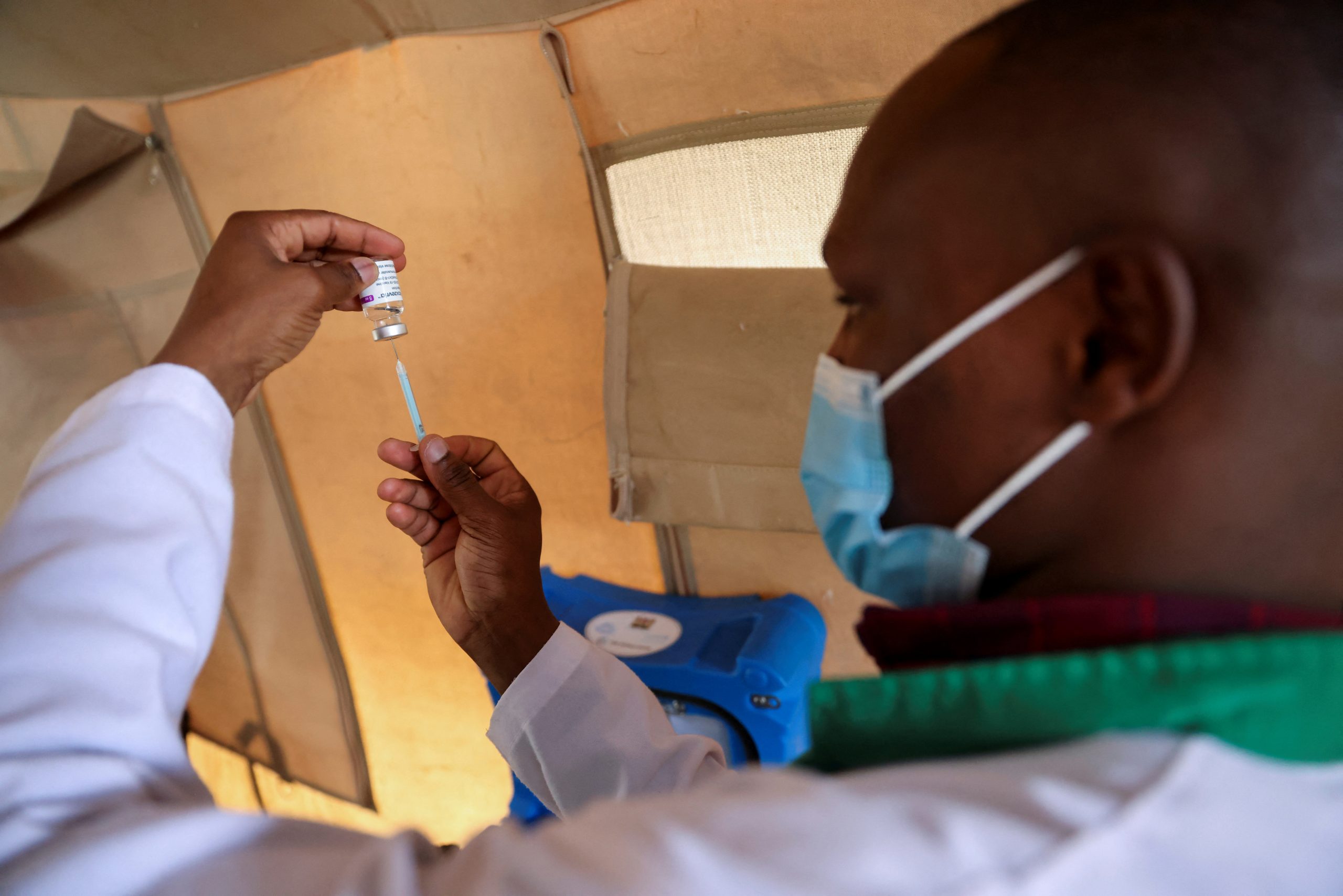
Lauren Dempsey, MS in Biomedicine and Law, RN, FISM News
[elfsight_social_share_buttons id=”1″]
A newly released CDC study on the waning efficacy of booster shots has highlighted concerns over the durability of COVID-19 vaccines as a whole.
Researchers evaluated hospitalizations and urgent care visits in 10 different states when Delta and Omicron were circulating in the United States. Previously, researchers found that mRNA vaccines showed a substantial loss of efficacy in the months following vaccination and had encouraged booster shots in light of the combined factors of new variants and waning efficacy.
The goal of the study was to determine the efficacy of a third dose of the mRNA COVID-19 vaccines in preventing SARS-CoV-2 infection. The study was conducted from August 2021 to January 2022.
The result of the study showed that a third dose of vaccine while initially effective, waned over time in its efficacy. The report stated, “During both periods, VE [vaccine effectiveness] after receipt of a third dose was higher than that after a second dose; however, VE waned with increasing time since vaccination.”
The study revealed that protection dropped significantly after a mere four months:
VE against hospitalizations was 91% during the first 2 months following a third dose and decreased to 78% ≥4 months after a third dose. For both Delta- and Omicron-predominant periods, VE was generally higher for protection against hospitalizations than against ED/UC visits.
The researchers analyzed data from urgent care and emergency department encounters which showed that “among persons with COVID-19–like illness seeking care at ED/UC facilities, 46% were unvaccinated, 44% had received 2 doses of vaccine, and 10% had received 3 doses.” However, in individuals who were “hospitalized with COVID-19–like illness, 43% were unvaccinated, 45% had received 2 vaccine doses, and 12% had received 3 doses.” These numbers seem to contradict the White House’s insistence that this is a pandemic of the unvaccinated.
The CDC stated in its report that they continue to recommend a booster shot for all eligible individuals, however, to date only about 35% of Americans have received a booster.
On Wednesday, during a COVID-19 White House briefing, Dr. Anthony Fauci said that officials remain cautious in their decision making and will continue to make decisions based on data that shows “efficacy in preventing, for example, hospital visits, as well as hospitalizations.” He added, “There may be the need for yet again another boost — in this case, a fourth-dose boost for an individual receiving the mRNA — that could be based on age, as well as underlying conditions.”
This has left many Americans wondering how many doses of COVID-19 vaccine will be required for them to keep their jobs, travel, or participate in society at large.
This study also emphasizes the importance of long-term research for pharmaceuticals, especially in regard to the safety and efficacy of a product.
Dr. Rustom Antia, a professor at Emory University commented, “A really good vaccine makes it so someone does not get infected even if they are exposed to the virus.” Research since the release of COVID vaccines, however, has shown the opposite, with constantly changing guidance and understanding of both the virus and the vaccine.
Many physicians touted the safety and durability of the vaccines before real-world data could be analyzed. Public health officials implemented misguided protocols and mandates, while demanding Americans “trust the science.” Physicians told the public that they could not get COVID if they were vaccinated and Dr. Celine Grounder said that vaccines “protect even people who are not vaccinated yet because it prevents transmission.” CDC director, Dr. Rochelle Walensky stated in an interview that “vaccinated people do not carry the virus, don’t get sick.”
It is now well documented that none of these suppositions are true. The vaccine does not prevent transmission, infection, or even long-COVID, but data does show reduced hospitalizations and severe illness.
Recently many states have backed off of their mask mandates, but for many states vaccine mandates remain for entry into many public spaces. The question remains, if vaccines and booster shots wane in efficacy and do not prevent transmission, why are these mandates still in place?
